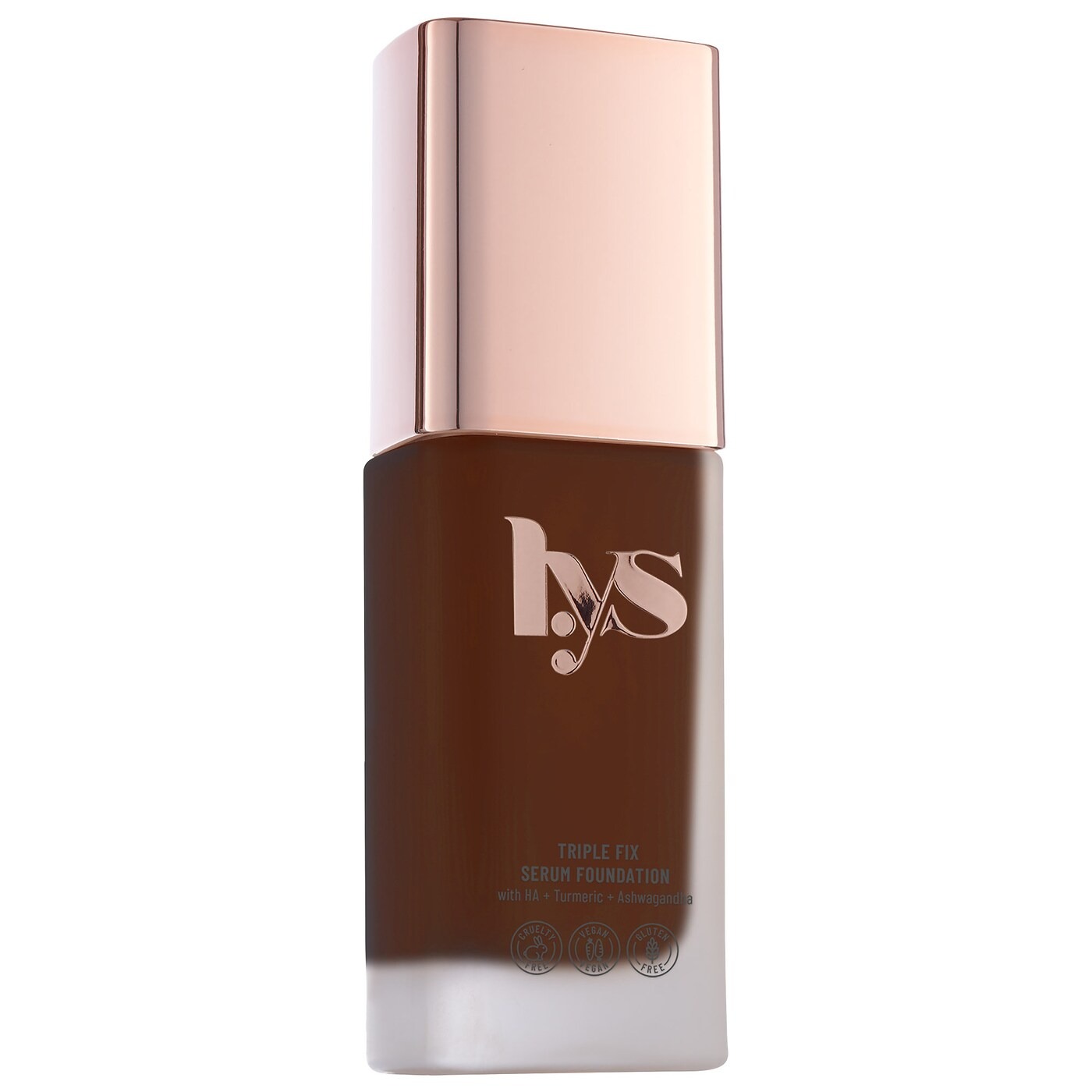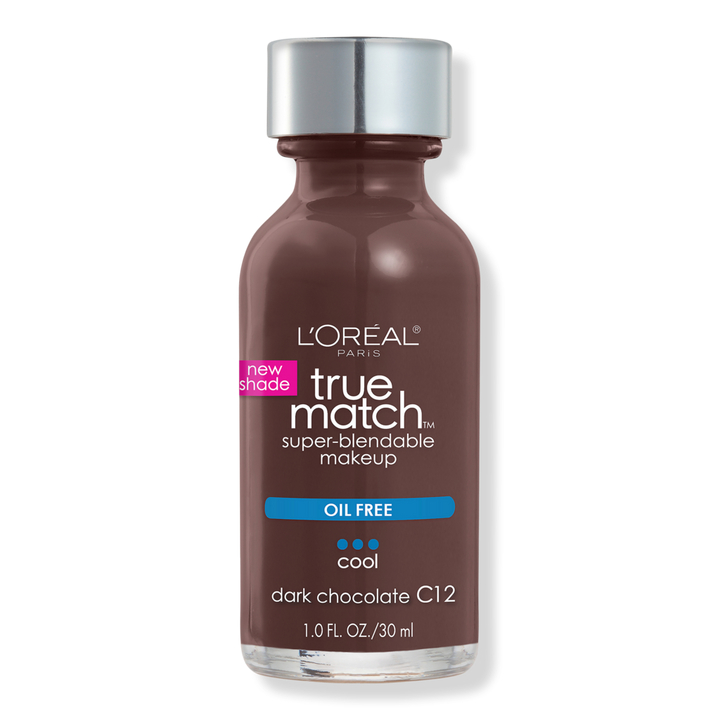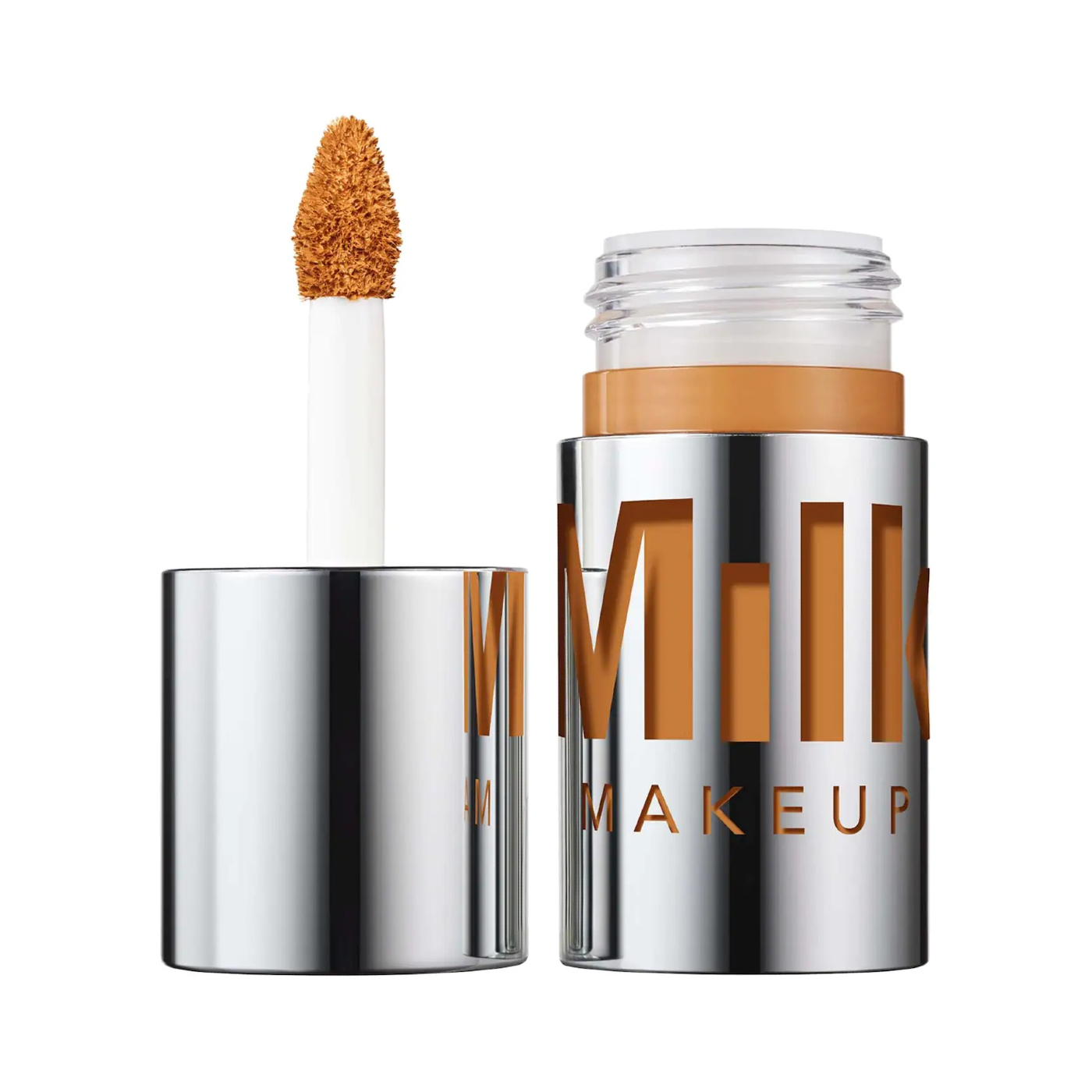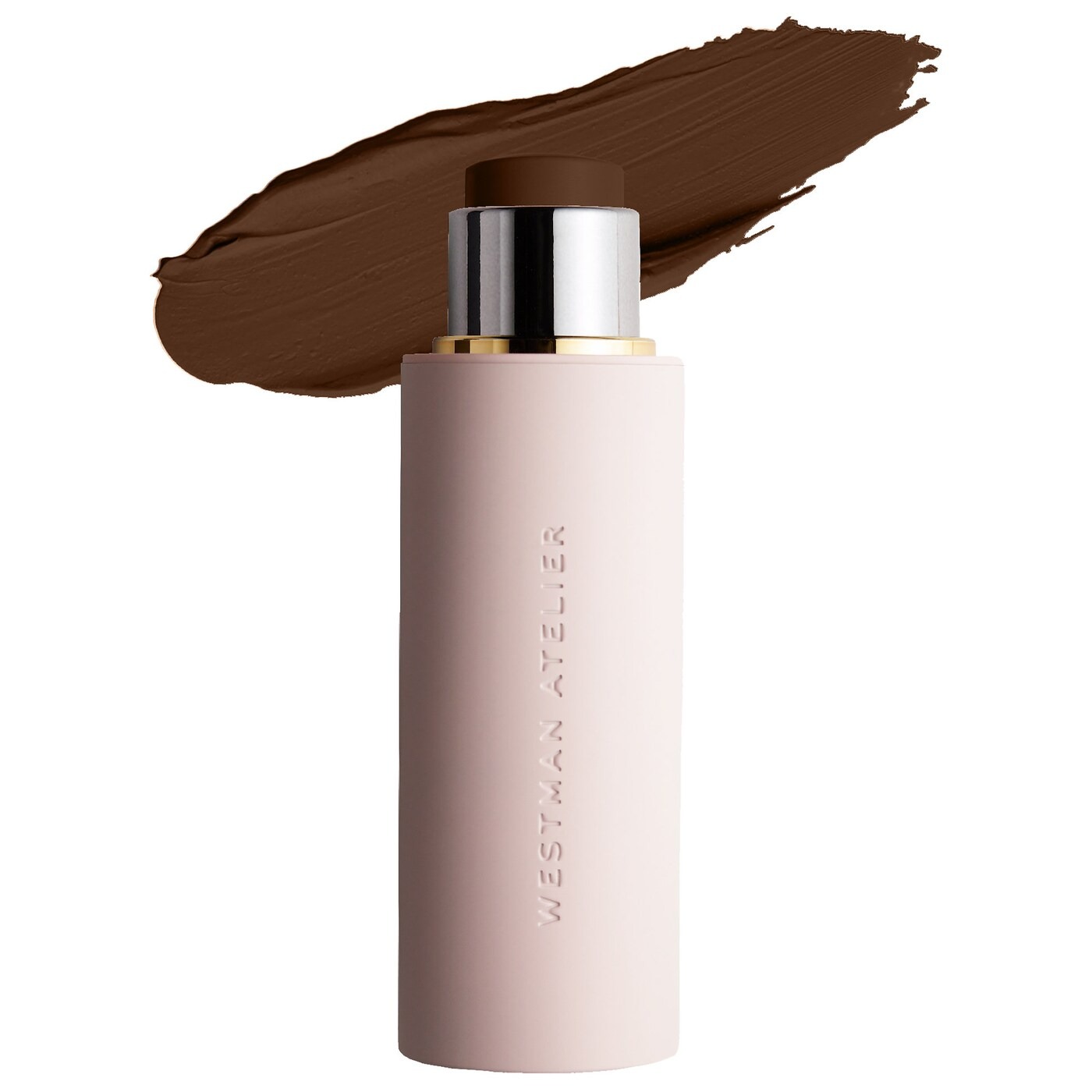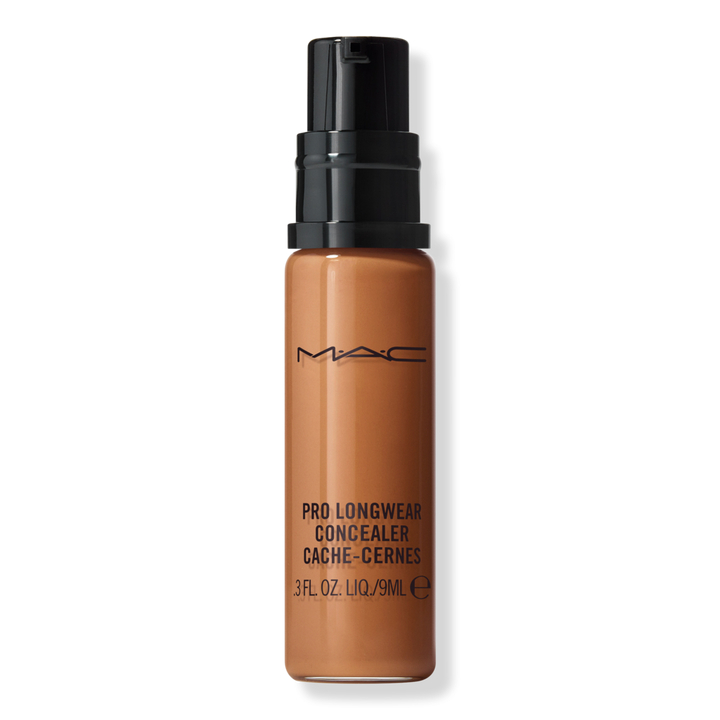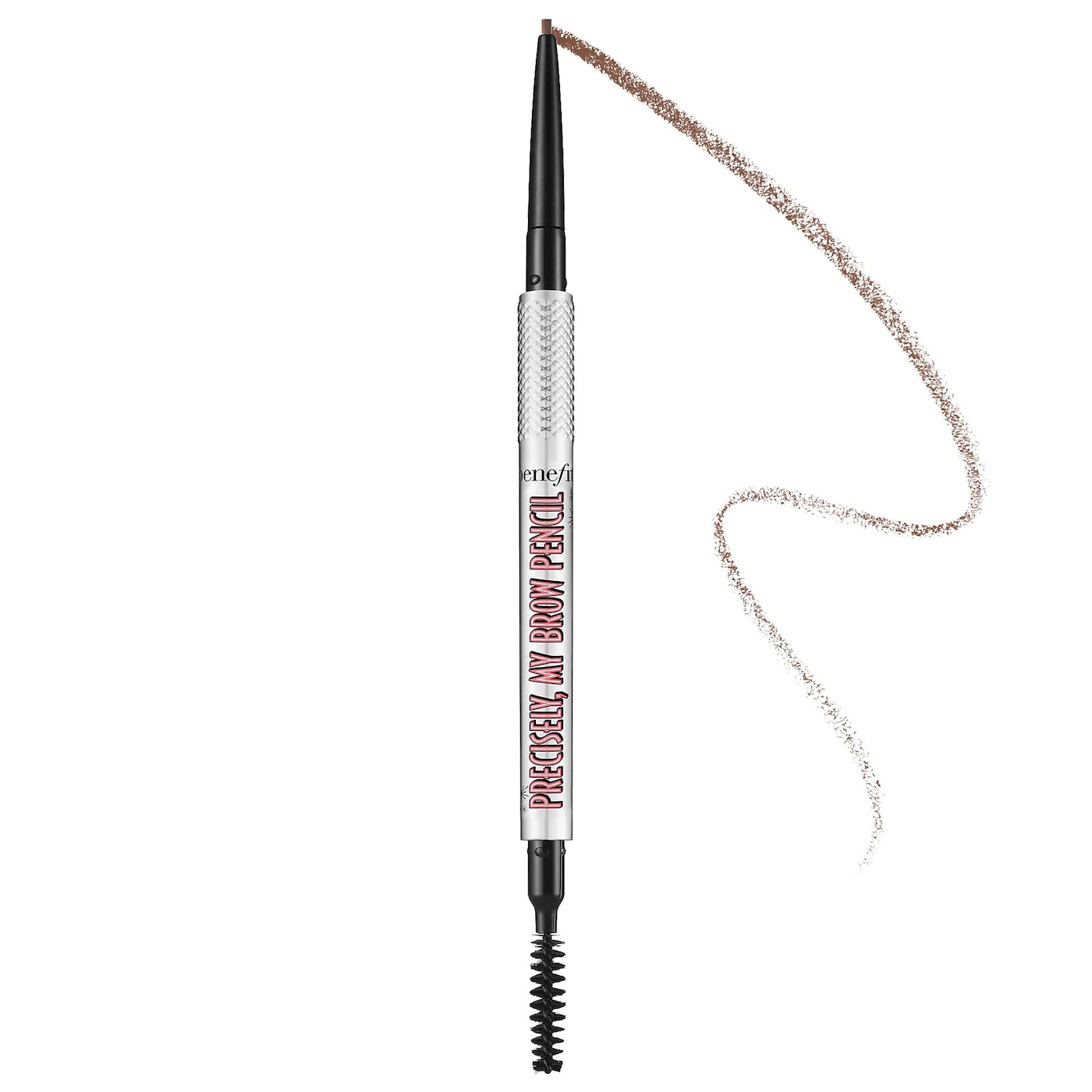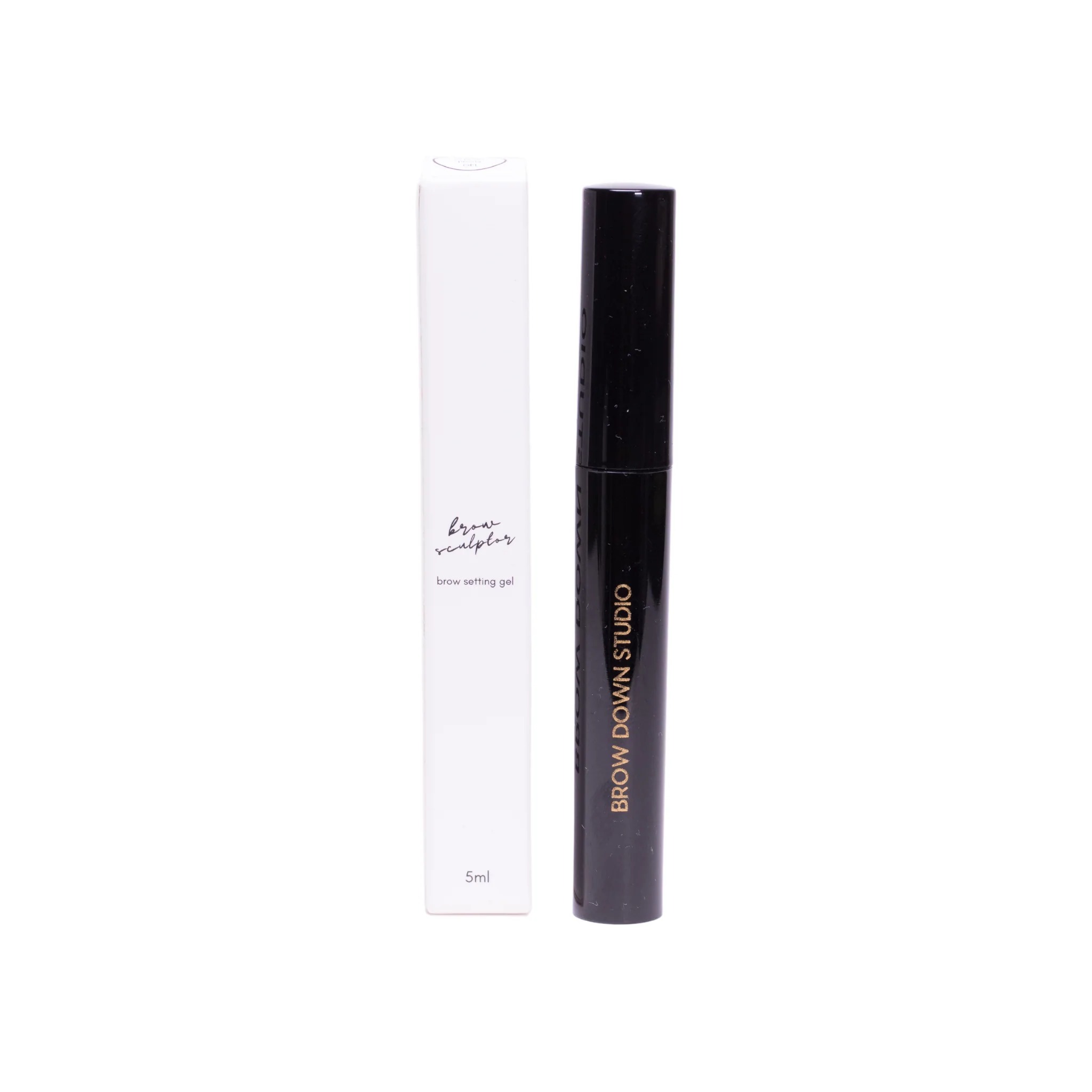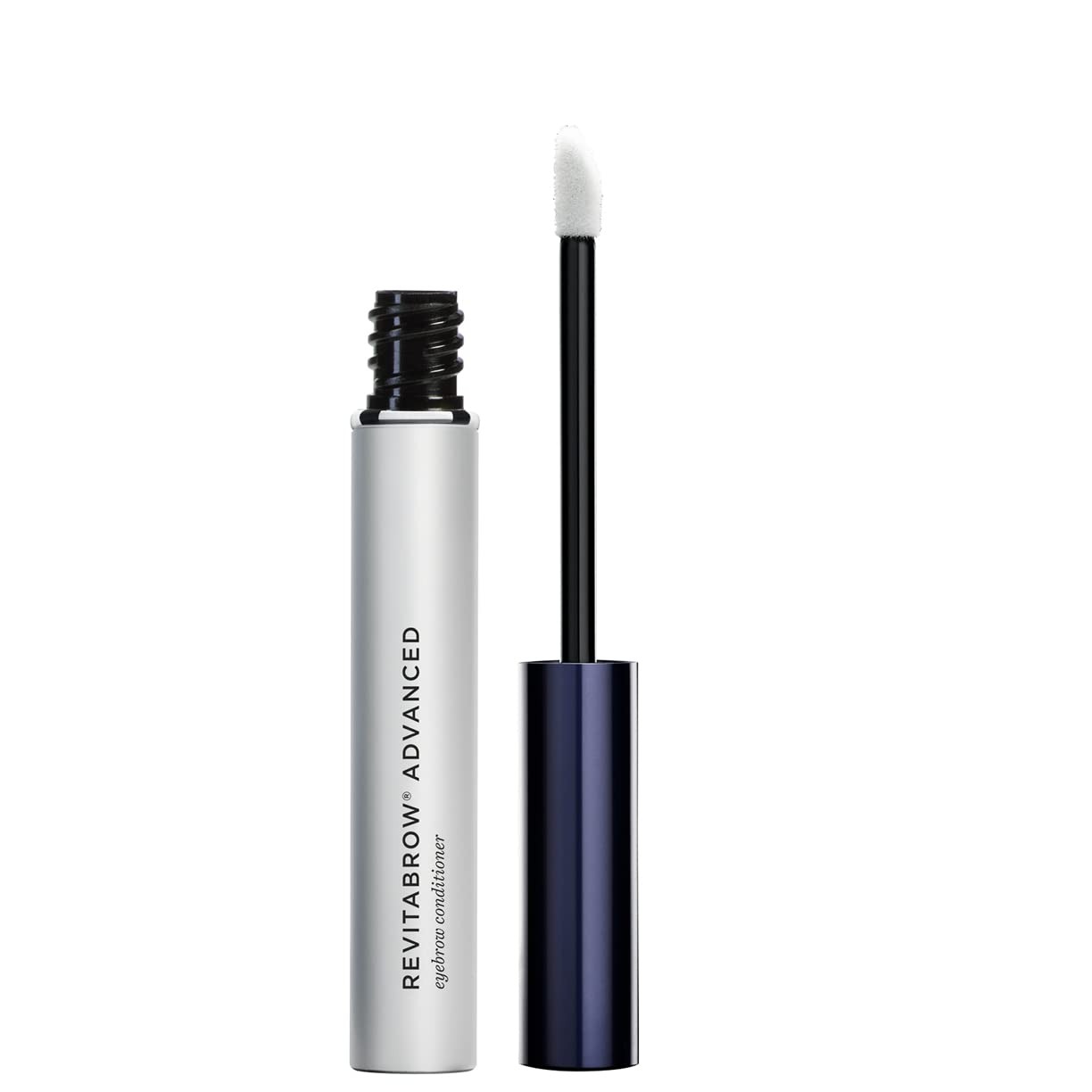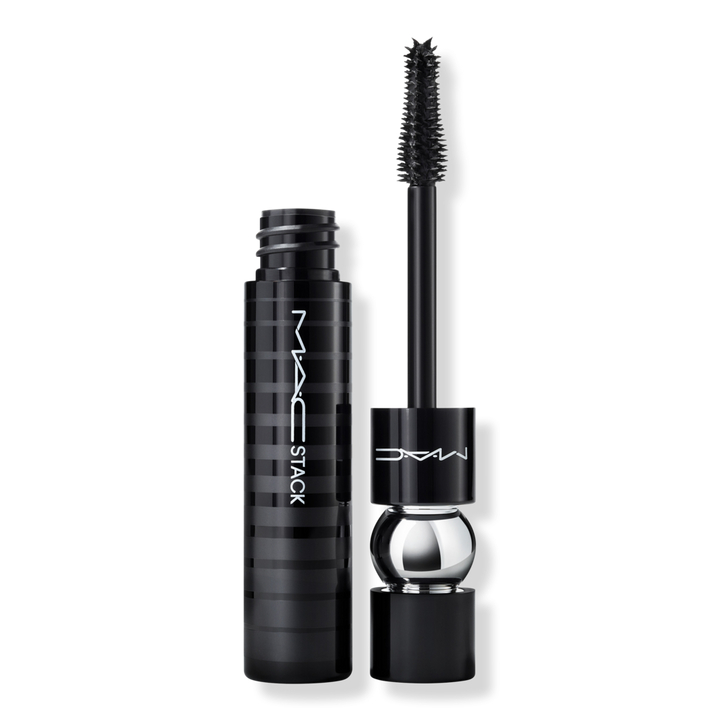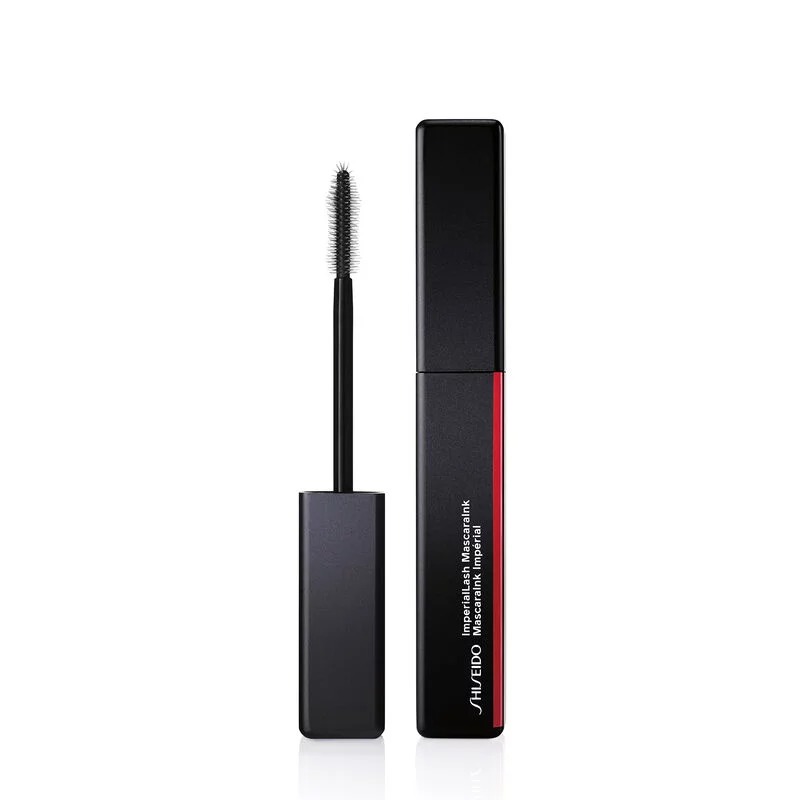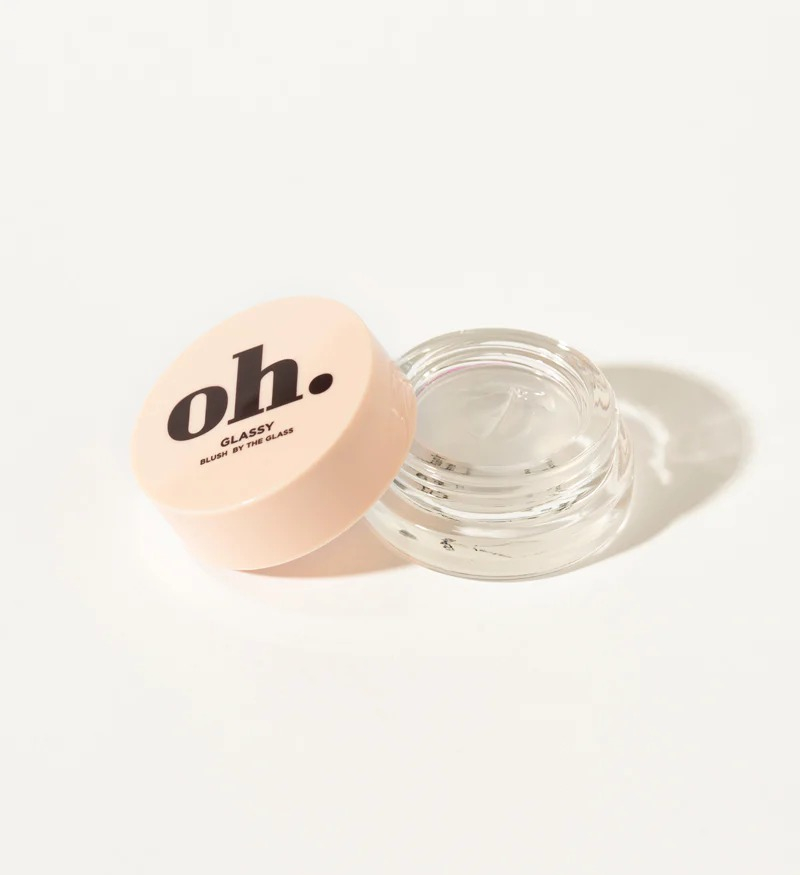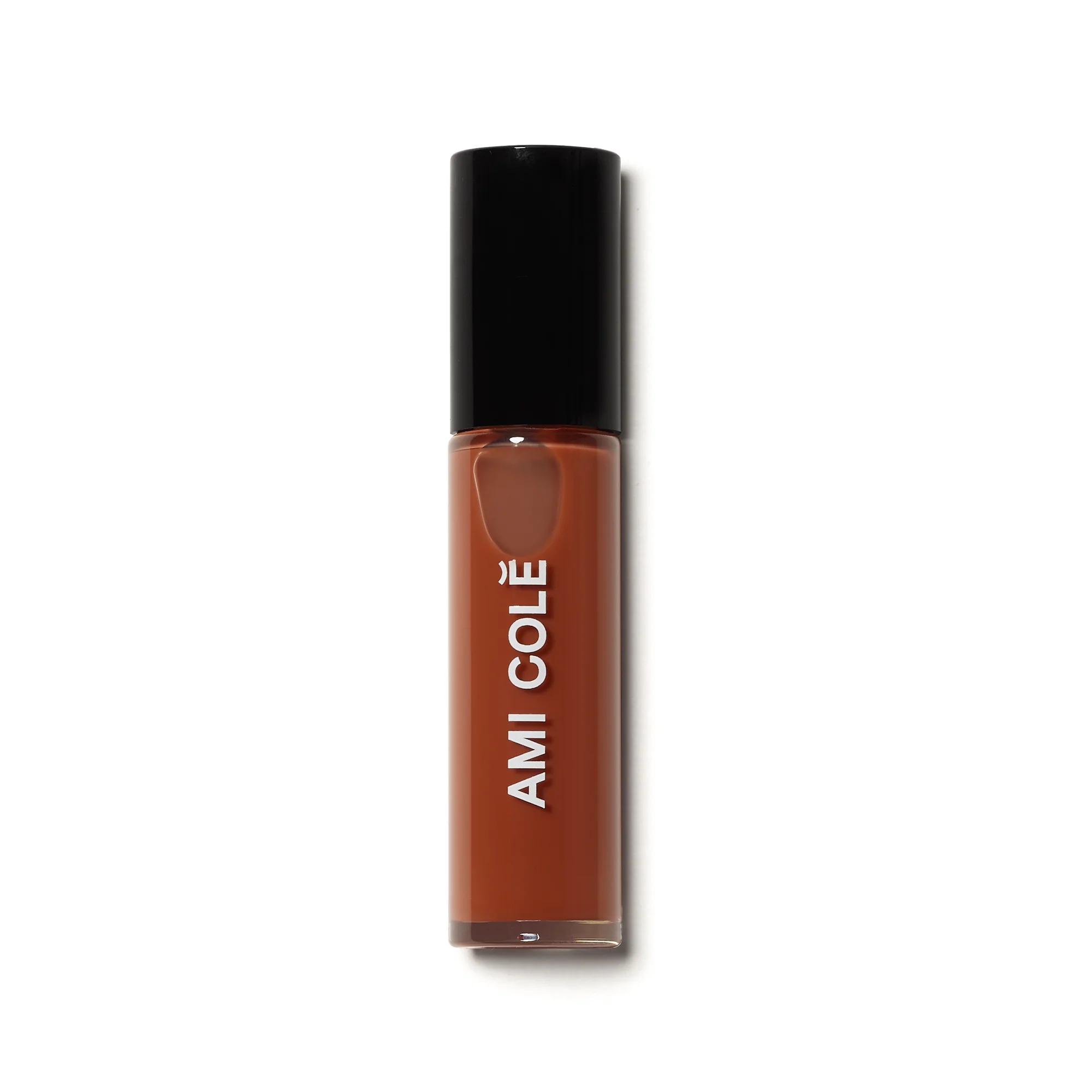Black Makeup Artists on Championing Diversity and Pay Equality in the Industry
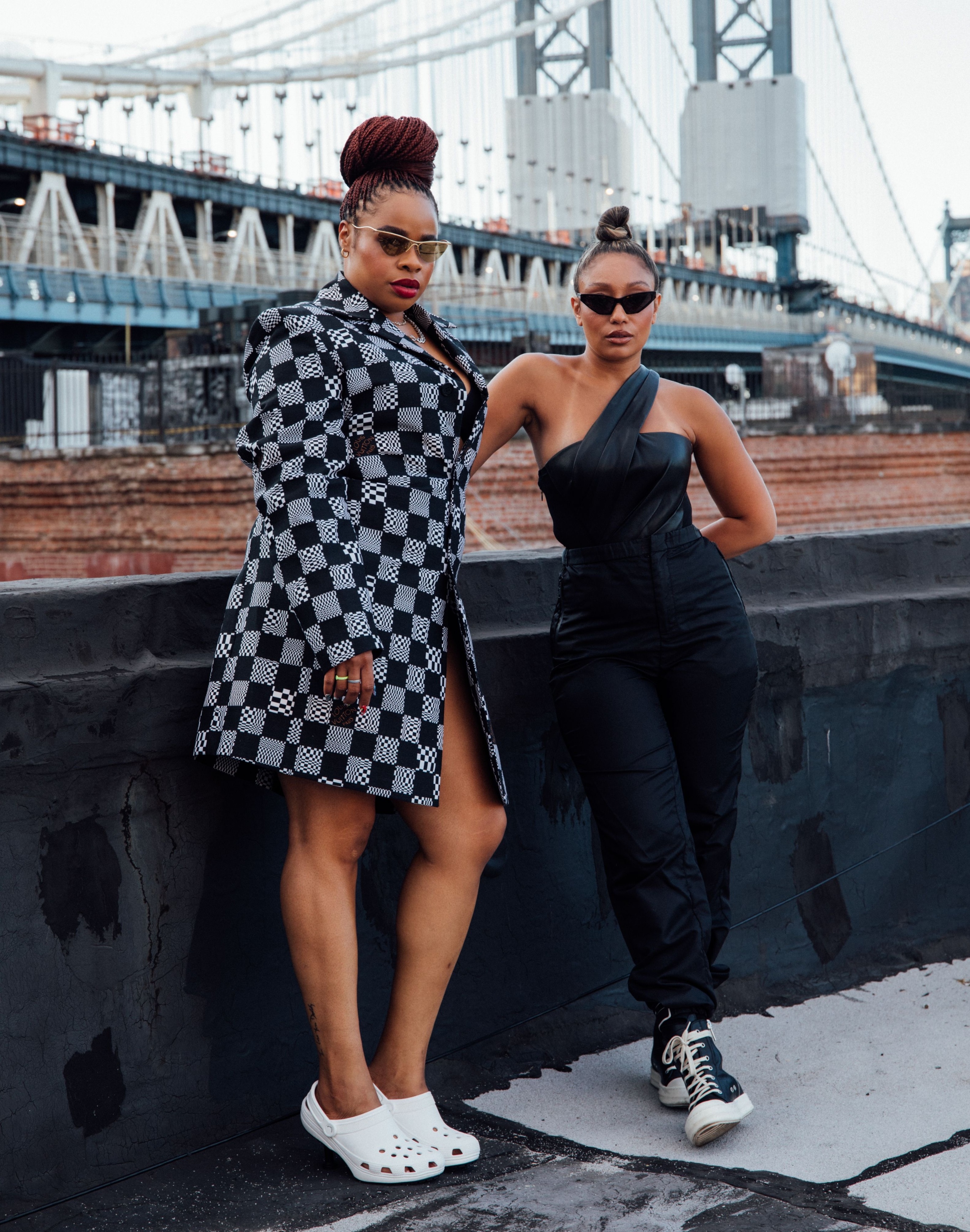
When I first learned that celebrity makeup artists Amber Amos and Brittany Whitfield teamed up for a podcast, I could barely contain my excitement. Individually, both are extremely talented makeup artists with diverse portfolios of work with both beauty brands and celebrity clientele, but together, they're a genuine powerhouse duo with a lot of industry tea to spill. After bingeing the first four episodes of The A&B Conversation, I quickly realized that this was going to be a new favorite podcast of mine.
Fact: Black creatives are often overlooked in the industry. Sure, there has been improvement in how we celebrate and honor them, but as is evident in the conversations between Amos and Whitfield, we still have a long way to go. This became the basis and inspiration for the project. Both aim to change the narrative when it comes to beauty conversations related to Black and Brown people. Their goal is to be a voice for those who may feel like they don't have one. Of course, this is what drew me to the project, but I stayed for the honest and hilarious way each of them shares their stories and perspectives. I had the privilege of speaking to both over Zoom about the project and, of course, to gush over all our favorite beauty products. Keep reading below for everything the two had to share, including their must-have items and what they would like to see change in the beauty industry.
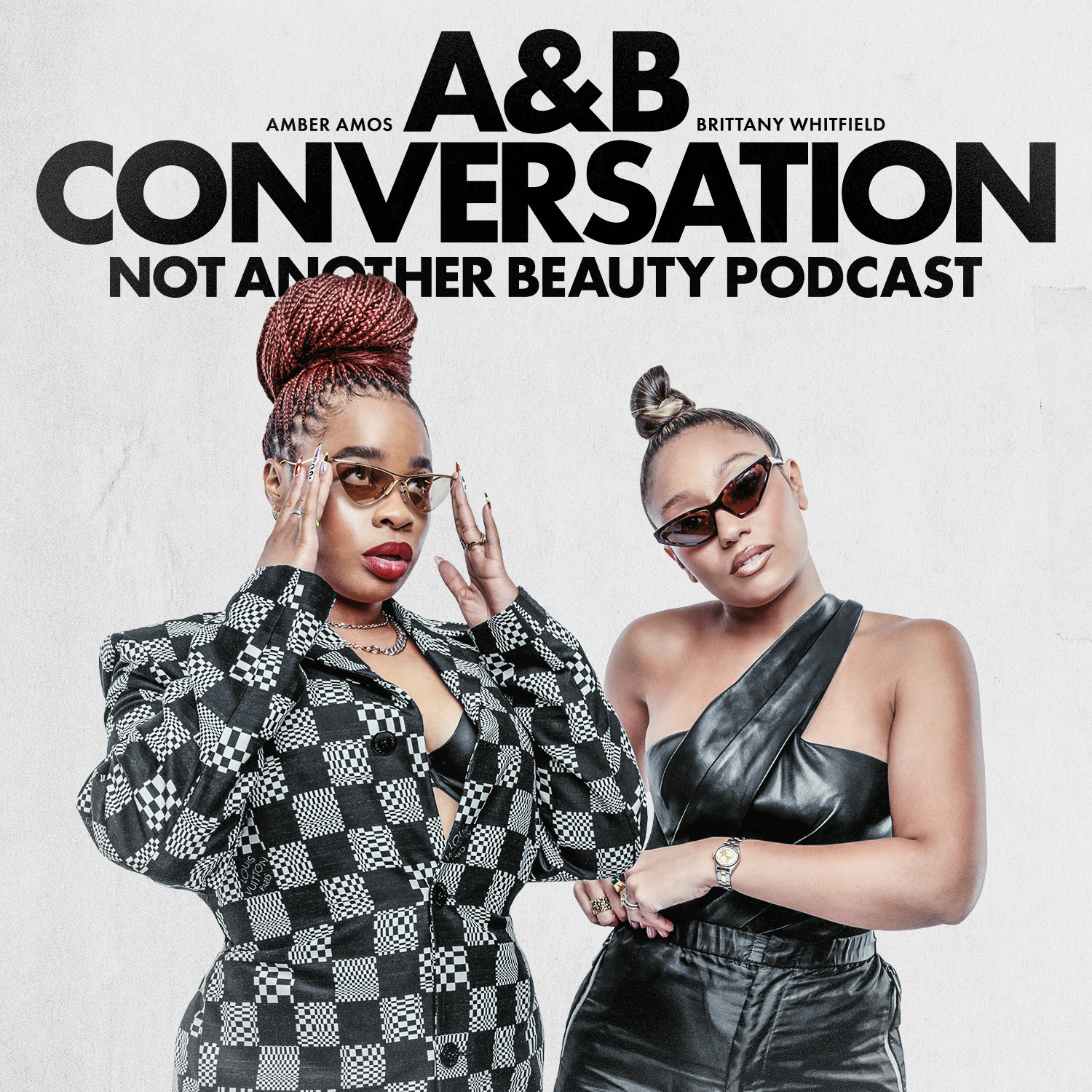
I'd love to start by talking about how you both got your start in the makeup industry.
Brittany Whitfield: I started in makeup randomly! I actually went to school for interior design. I worked at Ralph Lauren for a bit, but it's definitely different. Those kinds of clients would have very different trust issues. When you're doing someone's home, you really have to respect their likes and interests. Whereas—not that you can't with makeup—but I think because makeup is outward-facing and the world is perceiving it and judging it, someone is more likely to trust you in that sense. Trends are always changing, and people trust you to know what looks good. When you're home, you just want to feel good at home. So I was having an interesting time navigating that language with different clients. Then I got into [makeup] one way or another, and I think I just always liked it, but I thought I'd [work] on the business side of it because I had so much intel from Ralph Lauren. But then, I don't know, I just found that I really liked it. I feel like you always just fall into it—you never really plan for it.
Amber Amos: I got my degree in public relations, but then I realized that's not what I want to do. I started thinking about how I could make money, and makeup was always something that was an interest of mine. Looking back on it, I used to sneak into my sister's room when she was asleep and play at the foot of her bed with her MAC makeup, so obviously it's always been in me—I just never connected to it until it later. I moved to New York and went to makeup school mainly to figure out exactly what I wanted to do in makeup because I didn't really know. I assisted [for a while], and then I moved to L.A. where the sun always shines.
What inspired the idea for this podcast, and when did you both decide that you wanted to do this?
AA: It was kind of random actually. It started because I'm trying to get out of the makeup-artist space and more into the content-creating space. So in an attempt to do that, I told my PR girl I wanted to start doing guest spots on podcasts, and she was like, "Okay, how about you have a podcast?" I was like, "This just escalated a lot." But then I thought about it. I told Brittany, and we started getting into a full-on conversation. It started off [with] something beauty-related, and then we were talking about relationships, marriage, and stuff like that, and then somehow it still came back to beauty at the end of the conversation. That's when I was like, "Do you want to do this podcast with me?" And she said yes. That's where it started.
BW: I feel like we both also have great info, and we work with great clients. We have very interesting perspectives on a lot of different things, and they both match up but are also different at the same time. We honor each other in our banter even if we don't agree. I feel like it just works.
Let's talk about the latest episode, "Black on Set." I love this episode. Some of the situations discussed on the show are just crazy. Can you think of any more instances where your job felt like an uphill battle just because you were Black?
BW: I feel like I'm always advocating for talent with a deeper complexion, and I feel like producers will book me thinking that I'm a quota that's filled because I'm Black. I know that there's colorism involved. I have issues sometimes with checking people on set. They don't think that it's going to come from me—especially when it comes to lighting. We talked about this on one of our episodes. I've definitely had sets dismantle their lighting because they're not lighting Black people right. And then in the moment, it falls on you because somehow it's your fault. Or they'll say that the makeup is shiny, but it's not—she's a powdered doughnut. Then I'm like, "Actually, your light is right in front of her face so maybe something needs to be adjusted." It's the way that I speak up and try to advocate when I don't think that they booked me for that. They booked me thinking, "Okay, we've done our job."
That's a huge part of the problem. Some people have a problem with someone speaking up and trying to advocate for more diversity. They don't realize that by reacting in that way, they're being incredibly racist.
BW: Right!
AA: You know what I didn't talk about on this episode? Post-2020, brands are trying to be more diverse, so they want to hire more Black and Brown artists but at a lower rate than what they would hire a white artist for. I had a brand reach out to me to help develop the colors of a launch, and they wanted to pay me $1500. My agent was like, "You want her to help you develop a shade range for a foundation that you're coming out with, and you want to pay her $1500?" It was about to be in Sephora. He went back and forth for a bit, and he finally got them up to maybe $5000 because I liked the brand. They ended up going behind my back and hiring someone else, who ended up working for pennies. They still treated them like an afterthought. It definitely is still giving the vibe of "We did this because it's the right thing to do."
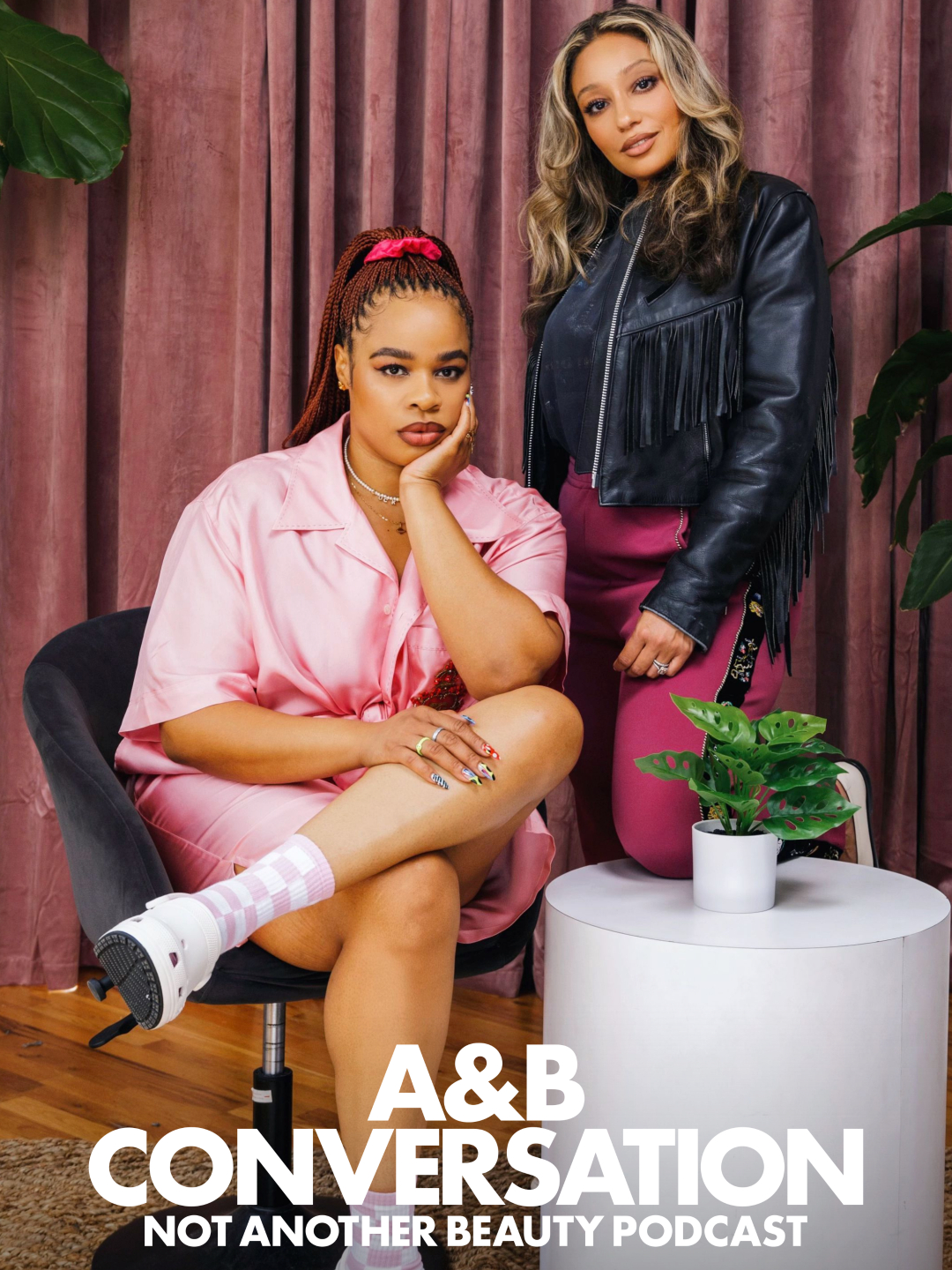
It seems like brands are just pushing for diversity now and including more Black and Brown models because they feel like they have to since people are starting to push back. It just seems like an afterthought to me, and nobody likes to feel like an afterthought.
AA: Especially when you're the people that are actually the founders and the creators of most of these trends. The things that people do in this industry are actually really fucked up, and it's crazy that we're an afterthought when we're literally spending the most in the industry.
BW: Exactly! When I worked at MAC in Harlem, they made more money than the store in Times Square.
AA: I'm more okay with the brands that just directly say, "We don't cater to you."
BW: I think our ultimate point is that we want to be a mouthpiece for people who also feel us on that, you know? People are afraid to talk about stuff in the beauty industry because we don't want to lose any deals, but we have also gotten to a place in our careers where I think we can say all of this.
Totally! On that note, what would you both like to see change in the beauty industry? How can we (and the beauty industry as a whole) continue to break down those old paradigms?
AA: I would like to see people be more genuinely themselves. We talk about code-switching at a corporate job, but we don't talk about it in creative spaces. I think in fashion and in beauty, there's a lot of code-switching.
BW: There's also a lot of elitism in fashion and beauty. I think that's one of the reasons why we also code-switch, right? Because there's a social and class aspect to it.
AA: I feel like the change will happen when more people like us are just genuinely themselves. I feel like the day I decided to stop trying to be what I thought a makeup artist in the industry was and went back to being Amber from the south side of Chicago, things got much easier for me. People respected me more.
Definitely! I always trust people who are a bit more authentic and themselves. If they don't like a product, they're gonna say they don't like it, you know?
BW: Even if Amber and I get paid to do something, we're not going to promote something that we don't believe in. We're not going to talk about a product a lot if we don't like it.
AA: That's what will be the change—more authenticity. You will know when I genuinely love something because I'm obsessive, and I will keep talking about it. I think just being genuine and more people being themselves—especially Black and Brown people really being secure and confident in the things that we start and we create.
BW: Also just allowing us to be celebrated and therefore being confident because if we're not given that opportunity to be like, "Yes, you did this," we don't ever feel like we can own anything. If there's no precursor, then we don't feel comfortable to be like, "I did that." You never feel confident enough—you always feel like you need to have that validation from someone that doesn't look like you in order to make something real.
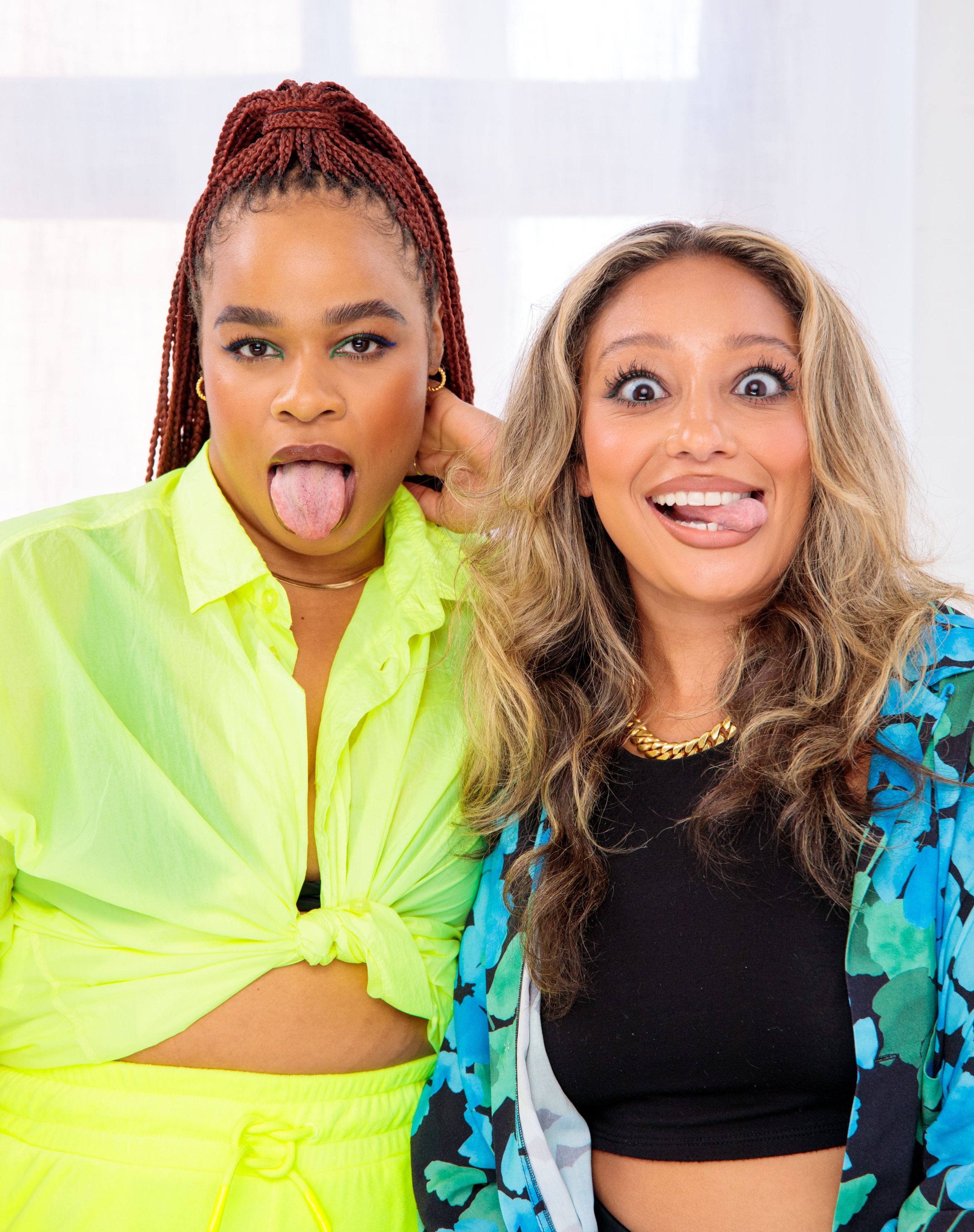
AA: I think those of us with platforms need to embrace that so that the little ones out there who might not have support in their own homes can still be confident. I wish I had more people who looked like me in the industry growing up so that I would have really embraced my aesthetic a long time ago instead of trying to fit these different molds.
Let's talk products! What are your favorite foundations for Black and Brown skin?
AA: I just want to put it out there that next week's episode is all about products!
BW: LYS Beauty foundations are bomb! It is a little bit dewy, but L'Oréal's True Match Foundation ($11) is just really reliable for me. If you're in a jam, you know you can work with it.
AA: Milk Makeup's Future Fluid ($29) is my favorite thing. It's like crack—it's so good! It has hyaluronic acid, and it's amazing. It goes on like butter, and I use it as concealer or foundation. Westman Atelier's foundation sticks are also really good even though there aren't a lot of shades.
BW: When you talked about concealer, it dawned on me. You know what I've been using for literally 30 years as a foundation? I always go back to MAC Pro Longwear Concealer ($28) and use it as a foundation. That is just chef's kiss because it's just so soft, and it's not gluey. It also just fits in your little kit.
What are your other favorite items that you always use on clients, and what's in your own makeup bags?
AA: On myself, I'm always using a brow pencil. Right now, I'm obsessed with Benefit's Precisely, My Brow Pencil. There's also this brand called Espressoh—I love their clear brow gel. Also, my brow person, René de la Garza, has his own products, and his brow gel is phenomenal. I also need my mascara and RevitaLash at all times to provide a lot of lashes. For mascara, I love MacStack ($28), and I'm obsessed with Shiseido's ImperialLash ($25). I'm also obsessed with Espressoh's Glassy ($26), which is a clear gel blush. It's a self-adjusting cheek gel, so it's a highlighter and a cheek color that changes based off of your body's pH. I tried it myself, and then I tried it on my friend who's four or five shades darker than me, and it still worked on her. Every time I wear it, Brittany can't stop complimenting me. It's so good. Lip balm is the most important for me, too. Ami Colé's lip oil is iconic. Summer Fridays' Lip Butter Balm ($23) is also so good and Milk Makeup's Hydro Grip Setting Spray ($21).
BW: I think for clients and myself, I like using the brand Naturium. The tinted lip balms are fire. They're just so juicy, and they look so good. I can't live without a clear MAC Lipglass Lip Gloss ($21). With my clients and in my kit, I can't live without MAC Mineralize Skinfinish Powder ($40)—it's the best. I'm still a MAC girl. I always want to try new products, but I always come back to MAC. I think it's just embedded in me.
To wrap up, thank you for doing this podcast! I think it will mean a lot to people who don't always feel seen in the beauty industry. It's nice to hear your honest conversations, and it's just refreshing.
BW: Thank you! We're so happy to be filling a hole with that.
Shop Amos's and Whitfield's Favorite Beauty Products
Up Next: Foundations With This Derm-Approved Ingredient Unlock the Dewiest-Looking Skin
Shawna Hudson is a beauty, wellness, lifestyle, and travel writer with over 10 years of experience. She graduated from California State University, Fullerton, with a degree in journalism and has written for other publications such as Bustle, The Zoe Report, Byrdie, Elite Daily, and more. She is currently a beauty writer at Who What Wear and hopes to continue feeding her (completely out-of-control) beauty obsession as long as she can. Stay up to date on her latest finds on Instagram @shawnasimonee.
